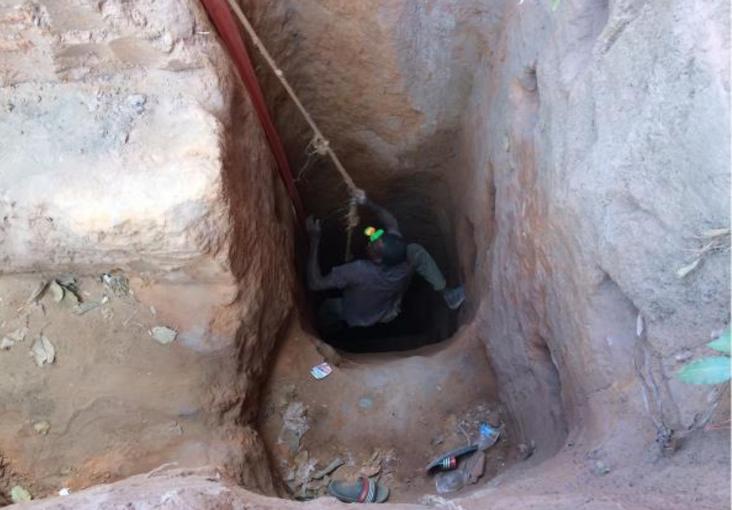
Within recent years, demand as well as supply of products to replace meat, so called meat alternatives, have increased. For future products, new plant-based protein sources are of high interest.
Global warming is adversely affecting the earth's climate system due to rapid emissions of greenhouse gases (GHGs).
The lock down engendered by COVID-19 pandemic has impacted positively on the environment through reduction of the emissions of green house gases, CO2, CO and other pollutants into the atmosphere below
Local authorities in the United Kingdom are recognised by central government as key agents to achieving the national net zero target aimed at stabilising global temperatures at or below 1.5 degrees in
Background: Because of the limited epidemiological evidence on the association between acute air pollutants and allergy, there is a need to investigate this association, especially between the short-t

A nudge experiment was performed to evaluate the effectiveness of presenting a menu with the dish-of-the-day (DoD) vs.
Despite the improvement in technologies for the production of alternative fuels (AFs), and the needs for using more AFs for motor vehicles for the reductions in air pollution and greenhouse gases,

Globally those in slavery, though small in absolute numbers (est. 40.2 million), contribute disproportionately to environmental destruction and carbon emissions.

To show the importance of climate action and to celebrate the more than 5-year collaboration between the Elsevier Chemistry journals department and the Elsevier Foundation, we have compiled this special issue, highlighting top chemistry content related to SDG 13 and providing information on past winners of the Green & Sustainable Chemistry Challenge.
Private and public sector organisations are increasingly required to report on their greenhouse gas (GHG) emissions. The UK approach has a bearing on SDG 13.
